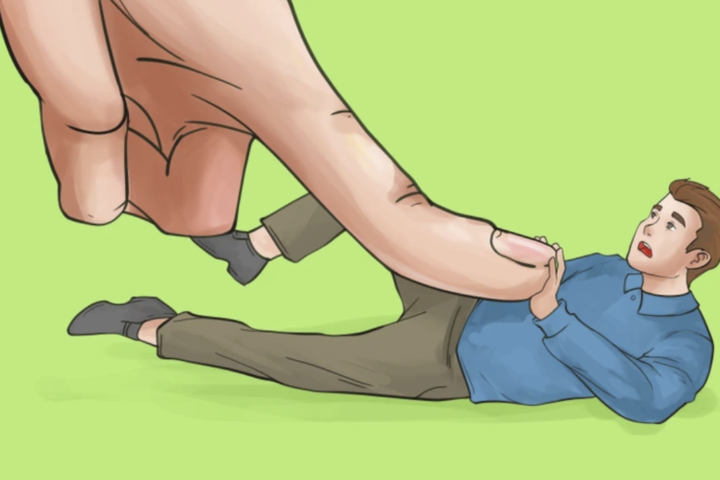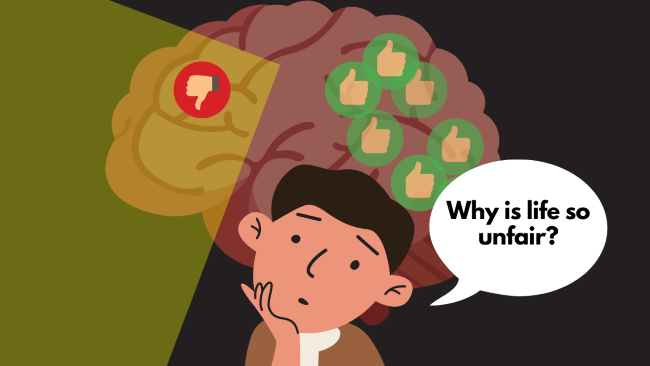Patience is an important and must-have attitude. With patience, we can be more relaxed, calm, think clearly, and wisely in taking an action.
People who do not have patience will be prone to many problems. From personal problems to relationships with other people and partners. Practicing patience is not easy considering that there are things or people who come to test our patience. But keep in mind what our goal is, patience can bring unexpected benefits.
So, check out below 10 tips to train your patience:
1. Diverting Your Mind
It’s good to focus on what you want to do. But there will come a time when we feel annoyed and lose patience. This is because our mind think that there are problems that must be resolved to achieve these goals. Our mind intention is to solve the problem quickly, but forcing oneself in impossible conditions makes the results achieved are not optimal. This will only make it even more annoying.
One of the tips that can be done to train patience is to divert the mind. Try to divert for a moment from the things that need to be done. Maybe you are too focused which makes you tired. Try something fun to lighten the mind a little bit. Distract your mind is the key.
2. Do Things Slowly
There are many people who do things quickly. By quickly completing a job, then we can move on to another job. And after completing all the work, we can relax. This cannot be done if we have problem with patience.
Impatient people will have bad results while they do things too fast. If you’re one of them, try to slow down a bit. It doesn’t matter if it takes a little longer to finish. This is done in order to minimize errors when working. Doing something at a slower pace can also be one way to train our patience.
3. Meditation
There are many benefits provided by doing meditation. Not only your mind can become calm, your body is also affected by meditation. Considering that there are now many people who care about physical and mental health, there are also many people who do meditation and they form a community.
You may try this meditation as an alternative to train your patience. With meditation, all the negative things in the mind can be eliminated. By placing yourself in a quiet, cool, comfortable place, while accompanied by soothing sounds, the body can relax, the mind calms down, and the focus returns to its original state. You also will release your stress by doing meditation.
4. Take a Break
Don’t be afraid to lose your temper. What needs to be feared is what will happen if we lose self-control. If there comes a time when we lose patience, don’t let emotions control our minds. Take a break from what we’re doing and get out of the way.
Rest is important to do when we arrive at times of fatigue and reduced patience. For example, in the office, there are many piles of work waiting to be completed. There’s nothing wrong with taking a short break. It could be by doing a little walking, stretching, drinking coffee, or listening to a song.
5. Practice Makes Perfect
Of course, what must be done to train patience is to practice. With more practice, then a person will be more trained. In this case, what must be trained and improved is patience which is an important key in doing many things.
Of course, practicing this patience can be different for each person. Those who are extreme can try by exposing themselves to things that can make them lose their temper. For those who want to do things the normal way, they can try doing difficult things, reading books that have heavy topics and so on.
6. Laugh
There are many things that can make us lose our temper, but we shouldn’t let this feeling take over us. Loss of patience can happen, but the choice to control it is ours. Do you want to be angry or take it out on something else? The wise choice is to control it by laughing.
No matter what the problem is, remember to laugh. By laughing we can make our mind and body become more relaxed. When we are relaxed, we can rethink what is upsetting us and find ways to solve the problem. With a clearer mind of course it will be easier for us to make decisions.
7. Remember, Don’t Let Impatience Ruin Everything
If someone loses his temper and gets angry, the worse scenario, it can make everything fall apart and ruined everything that he started with positivity.
Allowing yourself to be controlled by emotions can actually make us widen the distance with the goals we want to look forward to. If you don’t want your effort to be wasted, try to recall everything that you’ve built. Are the temporary emotions worth to ruin everything?
8. Learn to Accept the Truth
Anything can happen to anyone, anytime, and everywhere. Nobody can predict the future. Remember that not everything is under our control.
By accepting this harsh reality we can stop being upset over something that we can’t control. Better to do other positive things that are useful for us. In addition to being able to practice patience, accepting this fact can make us a realistic person.
9. Recognize the Cause of Impatience
Finding the root cause of your impatience could be crucial in order to release yourself from the temper. Indeed, everyone will have a different sensitive point about what can make them lose their temper.
When you find out what the trigger is, is it possible to deal with it? If not, you can ask someone else for help. If it can’t be overcome, stay away from it and accept that there are things that we really can’t control.
Read Also: How to Transform Your Mind to Have a Positive Mindset
10. Ask Others for Help
Everyone has limited abilities and weaknesses. When it reaches the limit, the person can feel tired. When you’re struggling too much, it can drain your energy and lose your patience.
If you feel you can’t handle something, don’t hesitate to ask for help. When you have a problem with work at the office, ask coworkers to help you. If you have problems with patience, you can also ask friends or family to help overcome them. You also can visit psychologist to train your patience.









